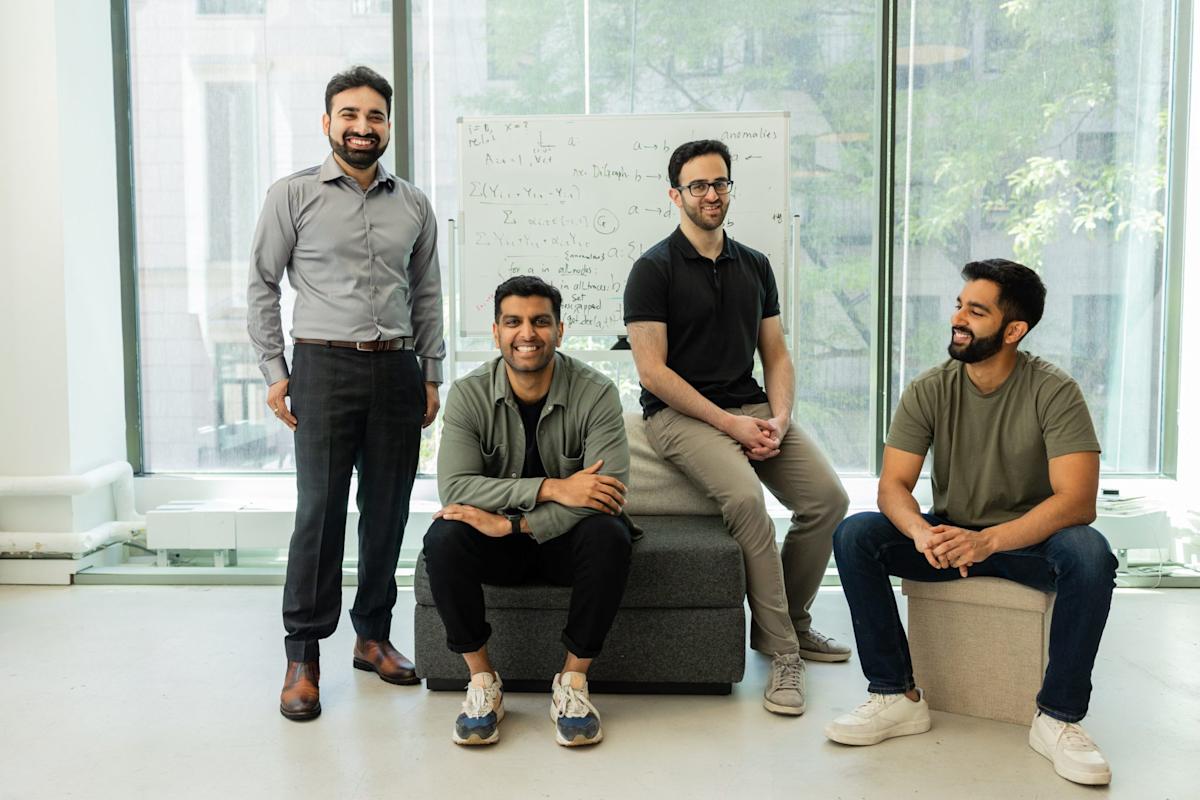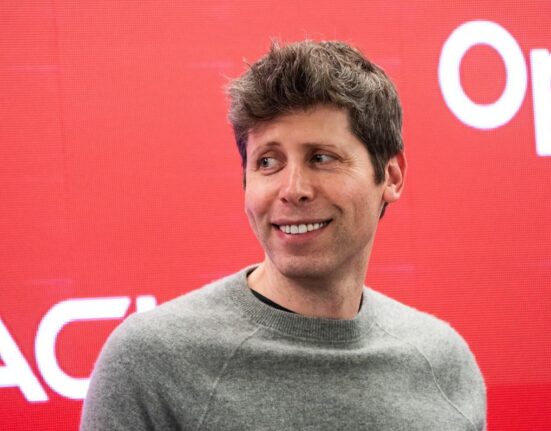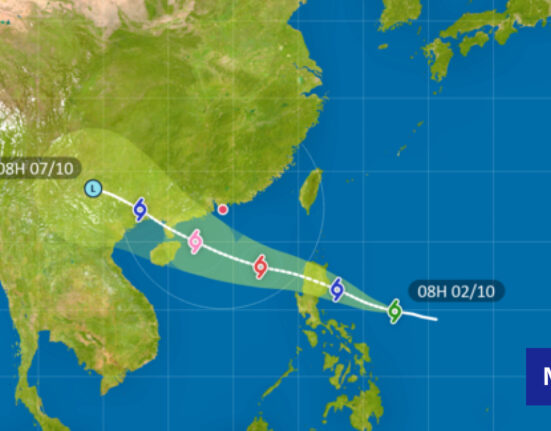They met at 10 p.m. each weeknight, after class at Columbia University.
Sometimes talking over Zoom until 2 AM, Anish Agarwal, Raaz Dwivedi, Ahmed Lone, and Raj Agrawal talked about what it might mean to walk away from their lives—for a startup. All academics in some form or fashion, the group swapped ideas at the intersection of their research: causal machine learning, reinforcement learning, and AI agents.
For Agarwal, the decision wasn’t to be taken lightly. That semester, he’d just started a tenure-track faculty position at Columbia after earning his PhD from MIT—he had an academic career that was taking shape. But he was drawn to the entrepreneurial unknown.
“I had to get in the game,” said Agarwal, who’s originally from Singapore. “I was looking around at my peers—for example, at Cartesia and Reflection AI. They’re all super smart, and out here building companies. By DNA, they’re researchers with some commercial instinct. They’re solving really hard technical problems, and continuing to produce research in a very cool package. That felt right. That was my motivation.”
From those late-night meetings came Traversal, a startup founded in 2023 that focuses on observability and site reliability engineering (SRE)—helping engineers pinpoint and troubleshoot complex software failures with speed and precision. Troubleshooting is “one of the most complex workflows in software,” said Agarwal, Traversal’s CEO. “It’s why you can have 50 people firefighting in a war room until they find the answer.”
Today, Traversal launches from stealth with $48 million in funding from its seed and Series A rounds, Fortune has exclusively learned. Sequoia led the company’s seed round, while Kleiner Perkins led Traversal’s Series A. Nat Friedman and Daniel Gross’s NFDG and Hanabi (led by Mike Volpi and Bryan Offutt) are also investors. Traversal—named for both the computer science concept of a graph traversal and the idea of journeying through complex systems—counts among its customers Digital Ocean, Eventbrite, Cloudways, and a number of undisclosed Fortune 100 financial services companies. The company and others like it exist to stop software infrastructure crises and limit downtime.
“Imagine you’re having a heart attack right now,” said Agarwal. “That’s the only thing that matters. It doesn’t matter what happens ten minutes from now, or what your dinner is going to look like. An engineering team has two heart attacks a week, and a debilitating condition. So, you never get time to think about planning ahead and being great.”
They met at 10 p.m. each weeknight, after class at Columbia University.
Sometimes talking over Zoom until 2 AM, Anish Agarwal, Raaz Dwivedi, Ahmed Lone, and Raj Agrawal talked about what it might mean to walk away from their lives—for a startup. All academics in some form or fashion, the group swapped ideas at the intersection of their research: causal machine learning, reinforcement learning, and AI agents.
For Agarwal, the decision wasn’t to be taken lightly. That semester, he’d just started a tenure-track faculty position at Columbia after earning his PhD from MIT—he had an academic career that was taking shape. But he was drawn to the entrepreneurial unknown.
“I had to get in the game,” said Agarwal, who’s originally from Singapore. “I was looking around at my peers—for example, at Cartesia and Reflection AI. They’re all super smart, and out here building companies. By DNA, they’re researchers with some commercial instinct. They’re solving really hard technical problems, and continuing to produce research in a very cool package. That felt right. That was my motivation.”
From those late-night meetings came Traversal, a startup founded in 2023 that focuses on observability and site reliability engineering (SRE)—helping engineers pinpoint and troubleshoot complex software failures with speed and precision. Troubleshooting is “one of the most complex workflows in software,” said Agarwal, Traversal’s CEO. “It’s why you can have 50 people firefighting in a war room until they find the answer.”
Today, Traversal launches from stealth with $48 million in funding from its seed and Series A rounds, Fortune has exclusively learned. Sequoia led the company’s seed round, while Kleiner Perkins led Traversal’s Series A. Nat Friedman and Daniel Gross’s NFDG and Hanabi (led by Mike Volpi and Bryan Offutt) are also investors. Traversal—named for both the computer science concept of a graph traversal and the idea of journeying through complex systems—counts among its customers Digital Ocean, Eventbrite, Cloudways, and a number of undisclosed Fortune 100 financial services companies. The company and others like it exist to stop software infrastructure crises and limit downtime.
“Imagine you’re having a heart attack right now,” said Agarwal. “That’s the only thing that matters. It doesn’t matter what happens ten minutes from now, or what your dinner is going to look like. An engineering team has two heart attacks a week, and a debilitating condition. So, you never get time to think about planning ahead and being great.”











Leave feedback about this